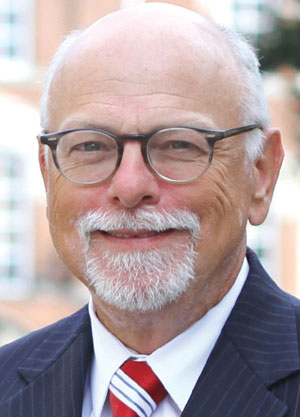Observation
Learning and Memory the Focus of Presidential Symposium at 25th APS Annual Convention

APS President Josepth E. Steinmetz
How we learn and remember everything from simple behaviors to complex information has been a major topic of research for psychological scientists for well over a century. At the 25th APS Annual Convention, the Presidential Symposium, to be chaired by APS President Joseph E. Steinmetz, will feature four distinguished psychological scientists who will present how learning and memory is studied from different perspectives and different levels of analyses.
Ted Abel, director of the Biological Basis of Behavior Program at the University of Pennsylvania, will provide a summary of his work on cellular/molecular mechanisms of long-term memory storage. Michael Fanselow, a professor in the Department of Psychology at the University of California, Los Angeles, will speak about how fear is learned and how fear memories are stored in the brain. Elizabeth Phelps, Silver Professor of Psychology and Neural Science at New York University, will present her work on using a multi-pronged cognitive neuroscience approach to explore the neural systems involved in human learning and memory and their relation to emotion. Elizabeth Loftus, Distinguished Professor of social ecology and professor of law and cognitive science at the University of California, Irvine, will present her work on human memory and how memories can be modified by facts, ideas, suggestions, and other post-event information.





APS regularly opens certain online articles for discussion on our website. Effective February 2021, you must be a logged-in APS member to post comments. By posting a comment, you agree to our Community Guidelines and the display of your profile information, including your name and affiliation. Any opinions, findings, conclusions, or recommendations present in article comments are those of the writers and do not necessarily reflect the views of APS or the article’s author. For more information, please see our Community Guidelines.
Please login with your APS account to comment.